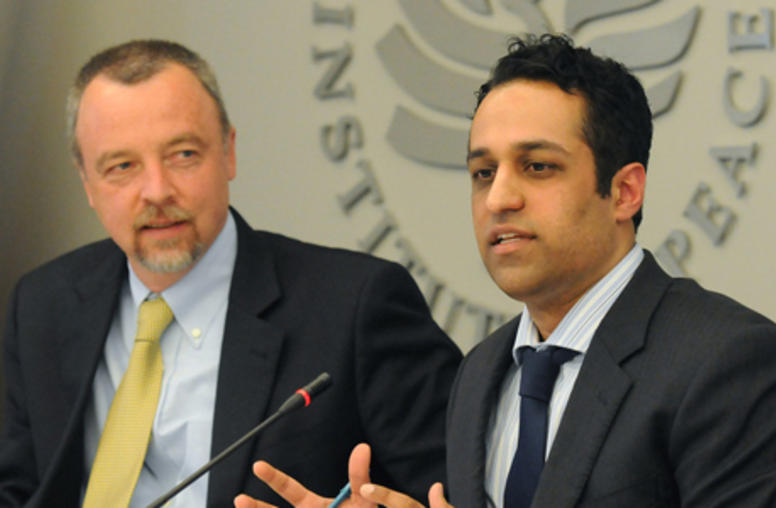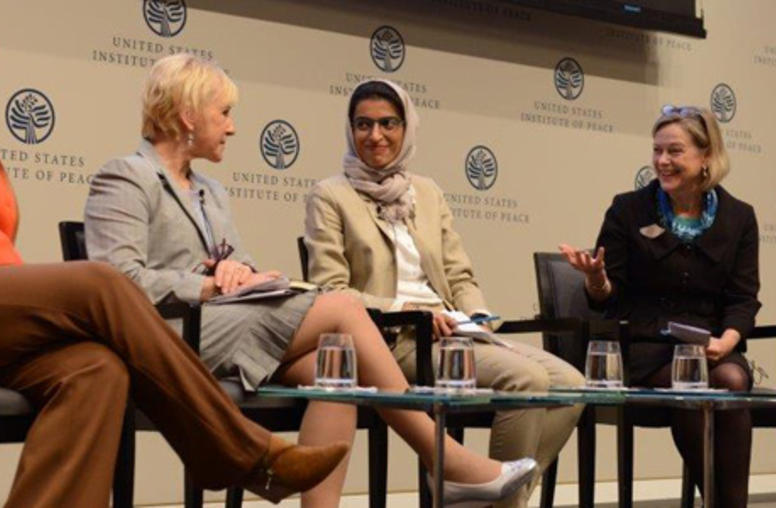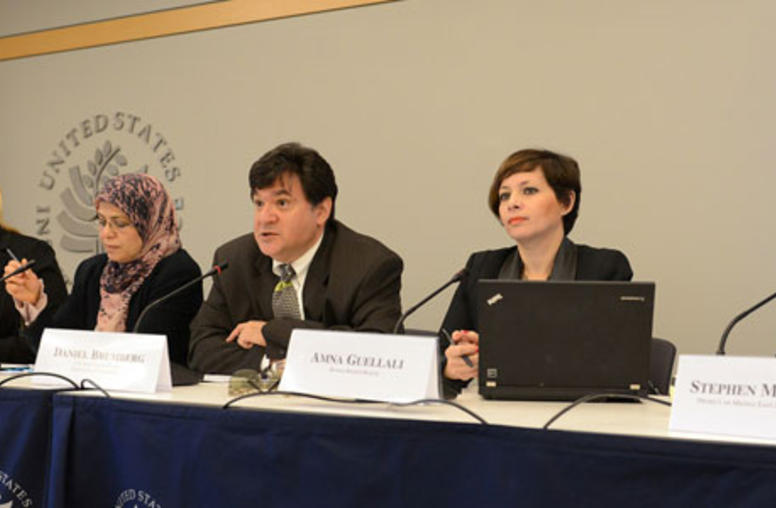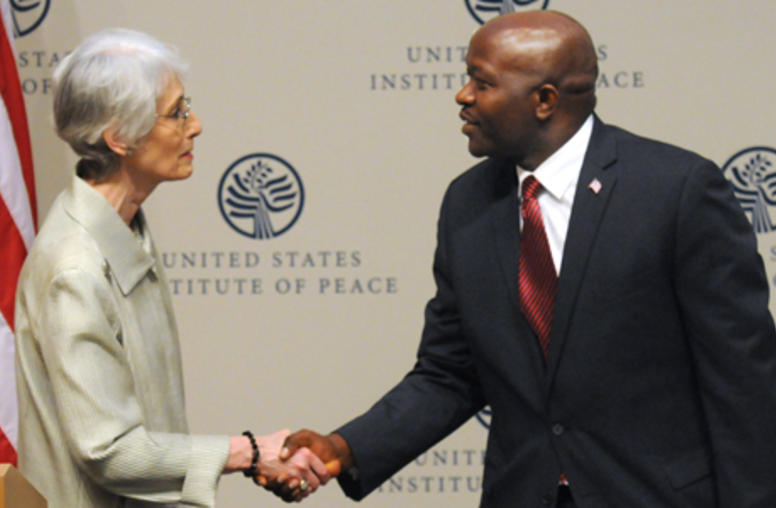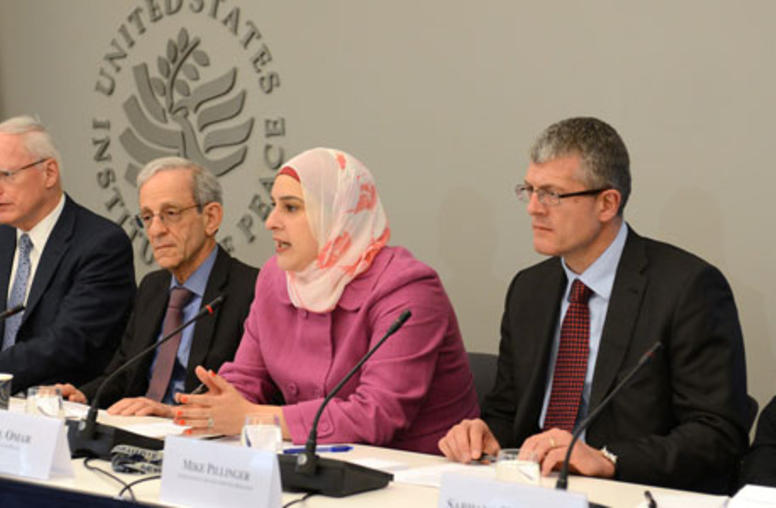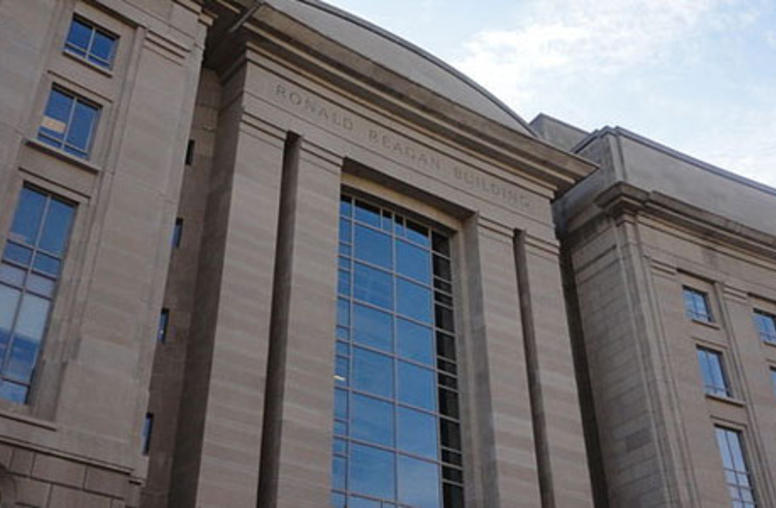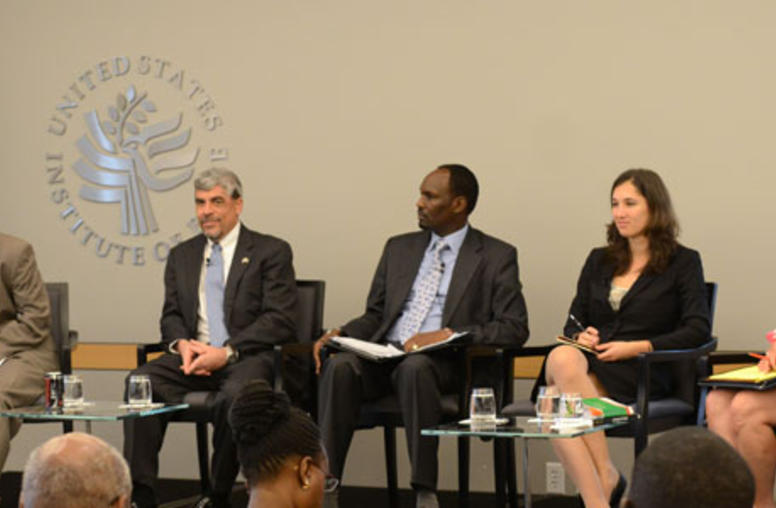
Why Were Kenya’s 2013 Elections Peaceful?
To understand why and how Kenya avoided electoral violence, it is necessary to understand the underlying conditions and triggers that set off the violence five years ago, why the circumstances were different in 2013, and the impact of interventions designed to prevent new violence. On May 21, 2013, the U.S. Institute of Peace held a discussion of these issues and the lessons from Kenya’s peaceful elections that may be more broadly applicable.

